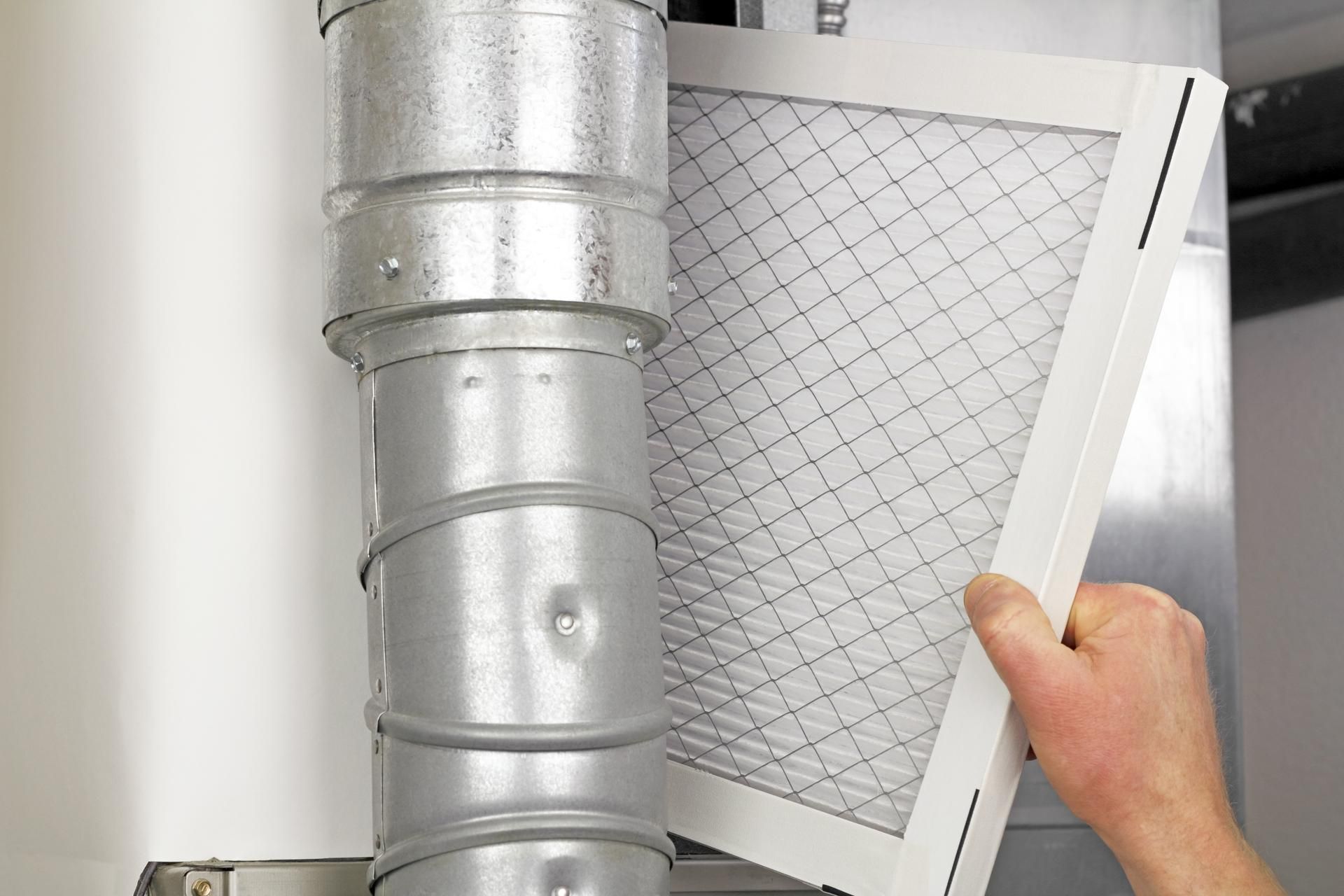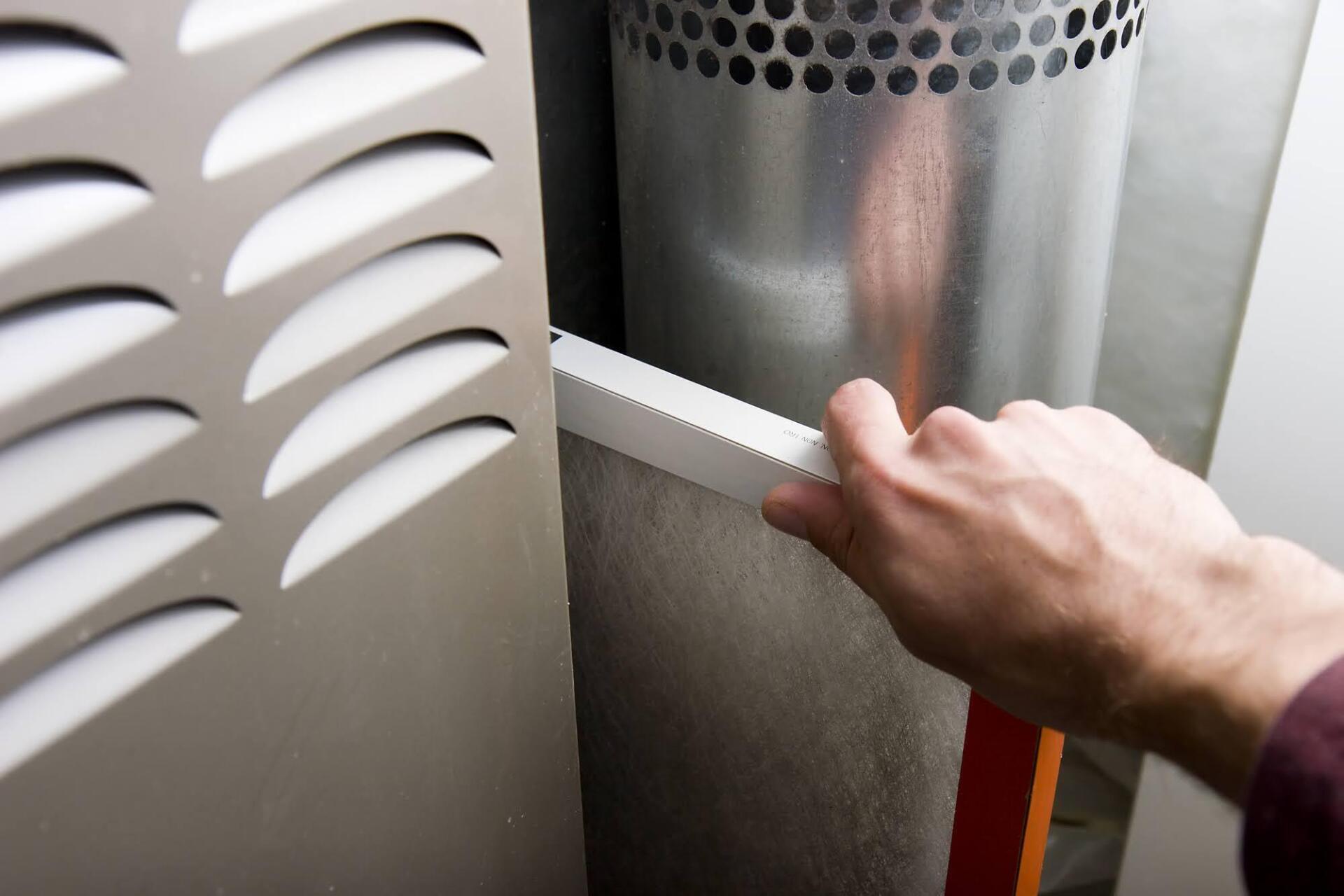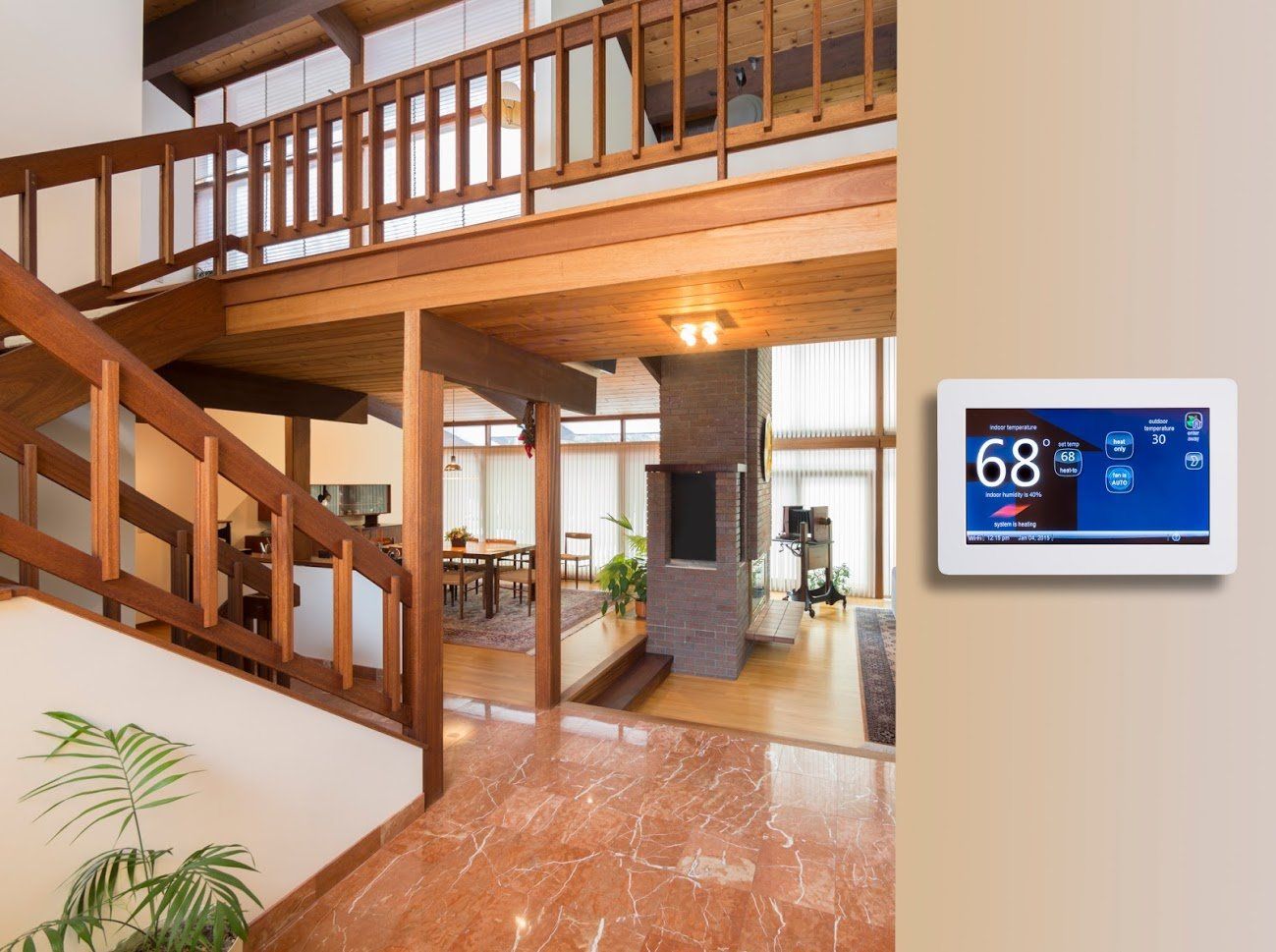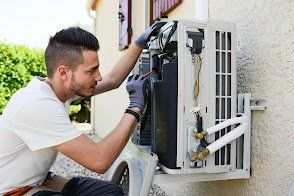FAQs About Basement Air Conditioning
admin admin | July 28, 2021
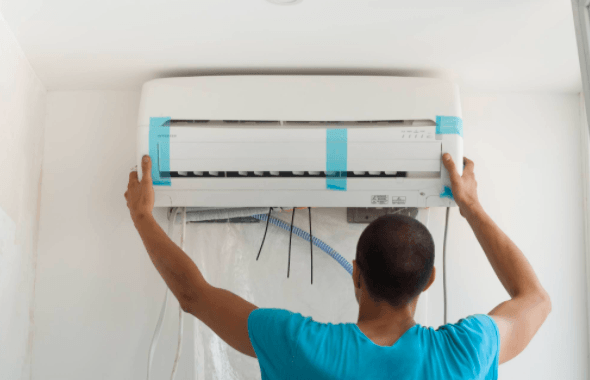
Should you air-condition your basement? If your home's HVAC system doesn't reach the lowest level, take a look at what you need to know about basements and residential cooling installation.
Why Cool Your Basement?
While the lowest or subterranean level of your home may feel chilly in comparison to your higher floors and attic, it may still need some type of cooling. If your basement is cooler than the rest of the interior space above it but is not comfortably cold, consider the addition of an air conditioner.
What Types of Basement Rooms Can Benefit from AC?
Almost every room in your home can benefit from a cooling system. But this doesn't mean you need to air-condition the entire lower level. Unfinished rooms that you rarely use may not require added cooling — especially if the rooms have windows or ventilation fans. Finished rooms, such as a game room or basement bedroom, are ideal areas to cool with an AC system.
Why Add an Air Conditioner to the Basement?
The obvious answer to this question is home comfort. But cooling the space isn't the only reason to add AC to your basement. Basements are often damp, humid interior areas. If your basement's moisture level is too high, the rooms are at risk for mold and mildew growth. Not only are mold and mildew potentially unhealthy (especially for household members who have allergies or respiratory issues), these issues affect the interior aesthetics and create an offensive odor.
To reduce the risks of mold and mildew you need to control the moisture or humidity level in the basement. There are a few different ways to do this. You could use a dehumidifier, repair water leaks, install an air conditioner, or rely on a combination of these ideas.
How would air conditioning help remove the moisture in your basement? As the hot, humid air in your home moves across the air conditioner's evaporator coil, the AC system pulls the moisture out. The coil condenses this hot vapor as it removes the humidity from the air. The system then turns the humid interior air into a liquid that drains from the AC unit via the condensate pump.
Along with a cooler interior space and decreased humidity, a central AC system can increase the airflow in your basement. This helps to improve the overall ventilation.
What Type of Air Conditioner Should You Install?
Before you choose a new air conditioner for your basement, you need to ask a few questions. Primarily, does your home already have an air conditioner? Second, are there air ducts in the basement? If your home already has a central HVAC system but no ducts or vents, you'll need to extend the ductwork into the basement spaces. This may add extra costs to the installation or require the contractor to make major renovations.
If your home doesn't have an existing central system or ducts, you can still effectively cool the space. While a window unit may not work in a basement space, a mini-split ductless system will. Like the name implies, this type of air conditioner doesn't require ducts. Instead, a mini-split system has an individual indoor air-handling unit and an exterior compressor.
You don't need to choose a new air conditioner or decide whether to add ducts (or not) by yourself. A professional HVAC contractor can evaluate the space and provide you with the best options. These recommendations may include different types of AC units or a variety of brands.
Along with the type of system, consider the energy efficiency of the air conditioner. A mini-split system doesn't have the same cooling loss potential you'll find with a duct-style system. On the other hand, poorly maintained, worn, or damaged ducts can leak air. This reduces energy efficiency and can cost you more in cooling costs. If you already have ducts in your home, schedule a maintenance appointment with a qualified contractor to eliminate potential air leaks.
Who Should Install a Basement Air Conditioner?
Air conditioning installation isn't a do-it-yourself job. Whether you would like to install a central system that extends to the basement, need to add ducts to the lower level of your home, or want to choose a ductless mini-split product, you need to hire a professional. A professional installation service can help to maximize cooling power, increase energy efficiency, and validate a manufacturer's warranty.
The same professional who evaluates the area and recommends a type of system can also install the air conditioner. After the contractor helps you to choose a type, model, and brand of air conditioner, they can also select the best placement for vents or indoor air-handlers.
Choose a knowledgeable, experienced HVAC contractor who has plenty of positive references. These references should come from real customers and include specific details about the company's air conditioner services.
Are you ready to cool your basement space with a new air conditioner? Contact Central York for more information on products and AC services.



